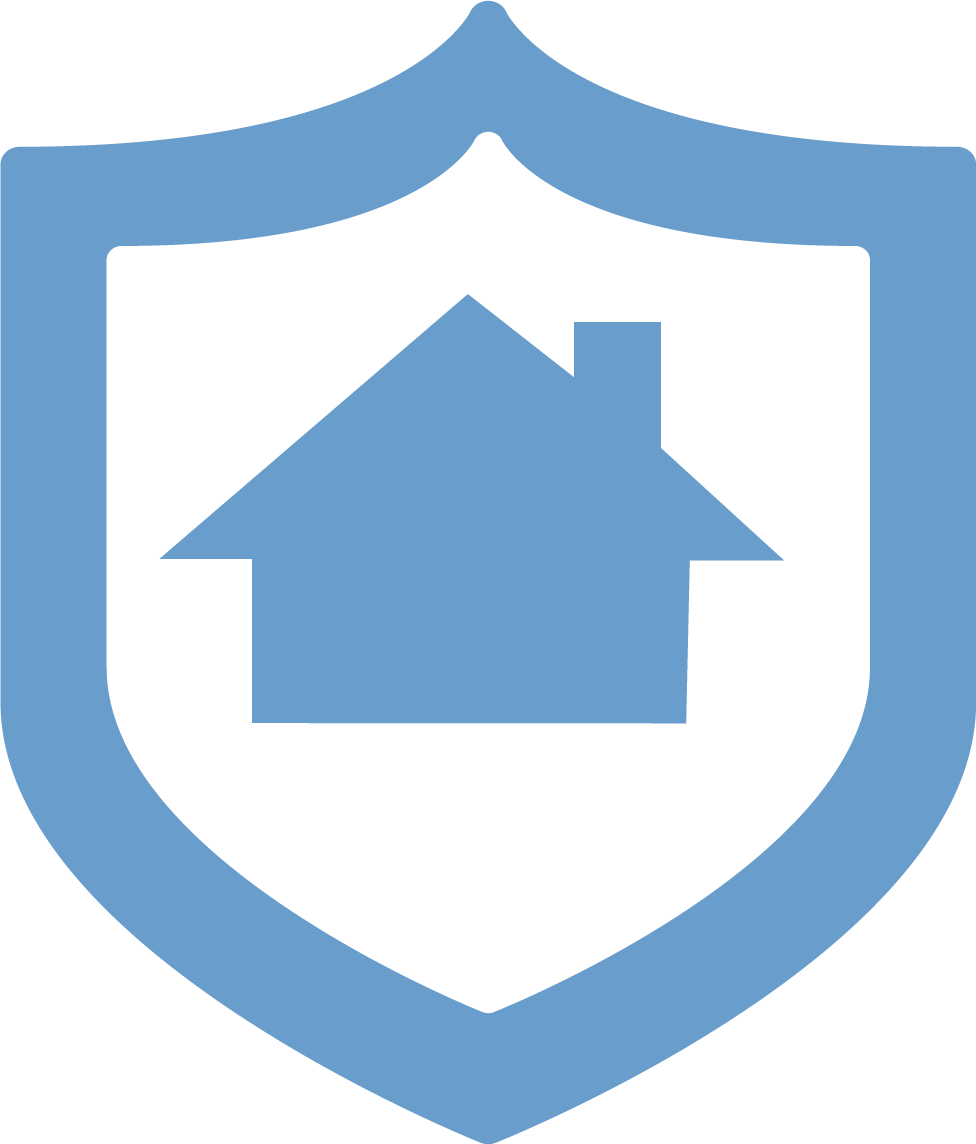It wasn’t long ago that we were publishing e-books and blog articles about the importance of smart home technology and the trends emerging in this space. At the time, we never could have predicted the significant role our homes would soon play in our lives. The COVID-19 pandemic has forced us all to spend much more time at home, social distancing and avoiding public gatherings.
 For a majority of Americans, more time spent at home means more time interacting with smart home devices. This includes technology like smart thermostats, smart televisions, WiFi-enabled light bulbs, voice-enabled smart speakers, smart refrigerators, and even cell phones. While they certainly make our lives easier and even offer security benefits, the truth is that smart home technology can pose serious security risks. Every item that connects to the internet has potential to be hacked, especially if proper cyber security protocol isn’t followed at all times. So, what can be done to minimize this risk and get the most from smart home devices?
For a majority of Americans, more time spent at home means more time interacting with smart home devices. This includes technology like smart thermostats, smart televisions, WiFi-enabled light bulbs, voice-enabled smart speakers, smart refrigerators, and even cell phones. While they certainly make our lives easier and even offer security benefits, the truth is that smart home technology can pose serious security risks. Every item that connects to the internet has potential to be hacked, especially if proper cyber security protocol isn’t followed at all times. So, what can be done to minimize this risk and get the most from smart home devices?
1. Verify permissions on any new device before installation.
It’s easy to skip all the jargon-filled permissions when setting up a new device, but applications often pre-set unnecessary allowances to share data. Be sure to read through the settings before agreeing and only select the data-sharing options with which you are comfortable.
2. Update devices regularly.
Keep an eye out for new software updates on your devices. Hackers typically target out-of-date, vulnerable technology that hasn’t been properly kept up to date.
3. Personalize all access points.
Never leave a password set as the default option—be sure to update it to a secure combination of letters, numbers and special characters. If it’s an option, set up biometric authentication to unlock your devices you’re your unique fingerprint, facial recognition, etc. Whenever possible, set up multi-factor authentication which will immediately alert you in the event of an attempted data breach.
4. Only operate devices on a secure Wi-Fi network.
Never utilize a public Wi-Fi network to access your personal data, as it’s easier for hackers to access your device and get into your valuable data.
5. Invest in next-generation antivirus software.
Regularly run scans to maintain security on your devices and install a firewall for additional protection.
When it comes to our families and homes, cyber security is always top priority. While smart homes are revolutionizing the way we interact with technology on a daily basis, it’s important to remember we are not immune to data breaches and hackers. Taking proactive steps to protect valuable personal data is the key to 21st century smart home security.
If you’re interested in learning more about our safety culture, our smart home products, or have any questions, schedule a meeting with an expert today!
